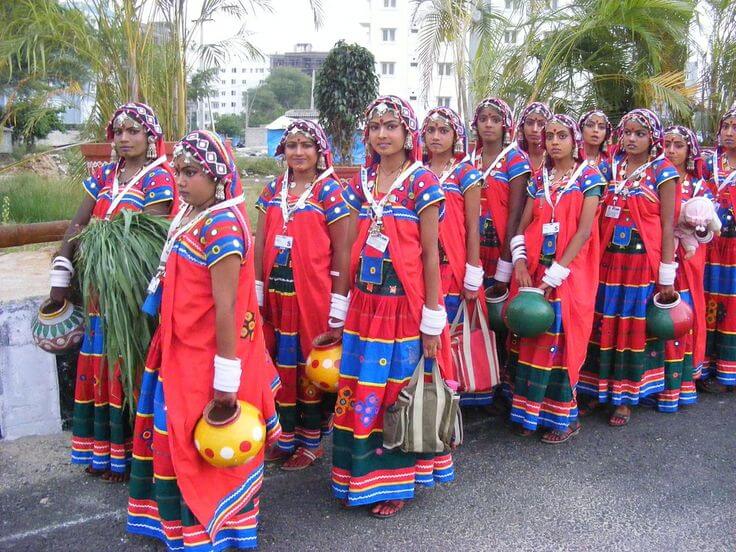Jharkhand Leverages CSR for Sustainable Growth as Tribal Welfare Takes Priority
Related Articles
अजीत पवार के बेटे जय पवार ने उठाए सवाल, VSR कंपनी पर बैन की मांग
महाराष्ट्र के उपमुख्यमंत्री अजित पवार की विमान दुर्घटना में हुई मौत के बाद से सवाल उठना जारी है। उनके बेटे जय पवार और भतीजे...
Hyderabad Techie Murdered by Ex-Husband in Brutal Attack
A 30-year-old software engineer in Hyderabad was allegedly killed by her ex-husband, also a software engineer, inside her apartment. The victim, identified as Sunitha,...
EU Leaders Back Early Implementation of India-EU Trade Pact
Prime Minister Narendra Modi on Wednesday held a series of bilateral meetings with leaders from Spain, Finland, Estonia, Croatia and Serbia, signalling a renewed...


